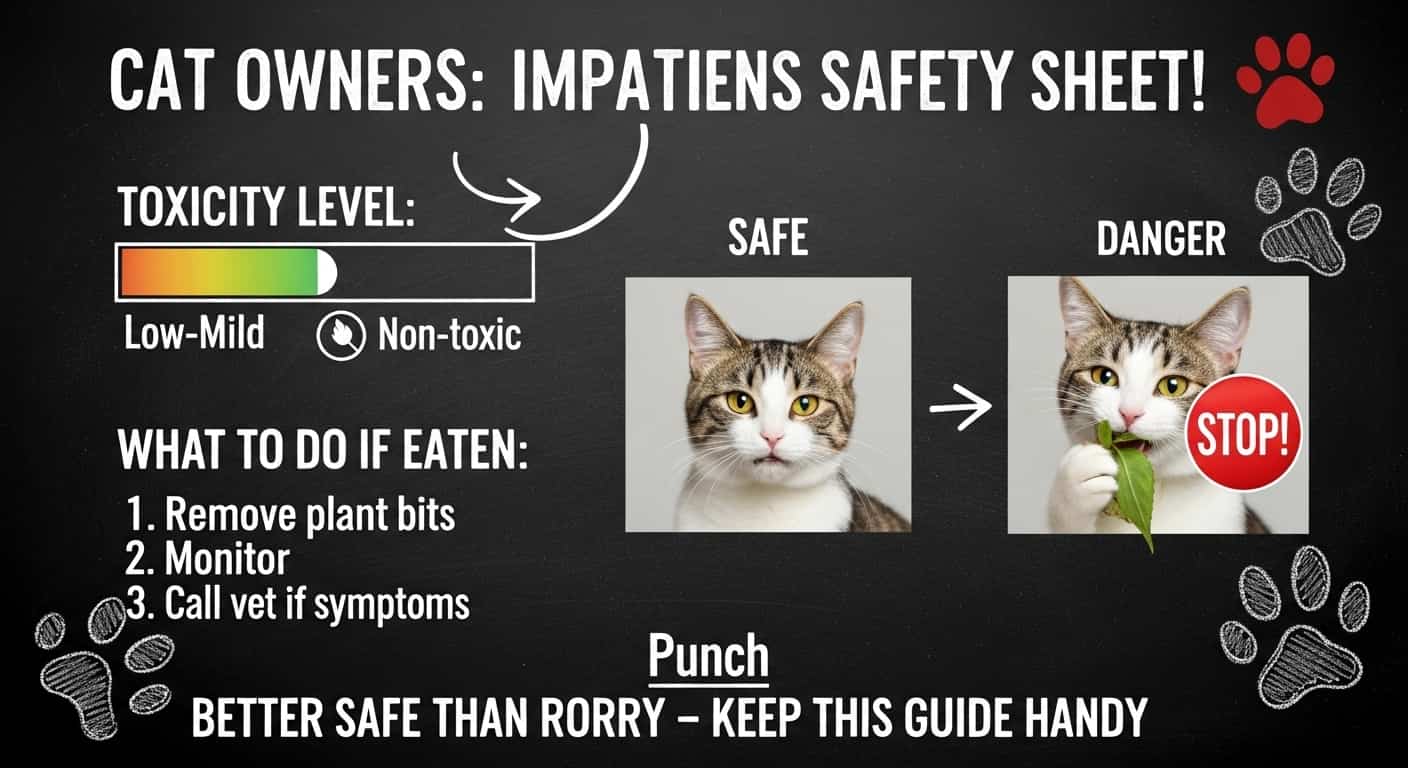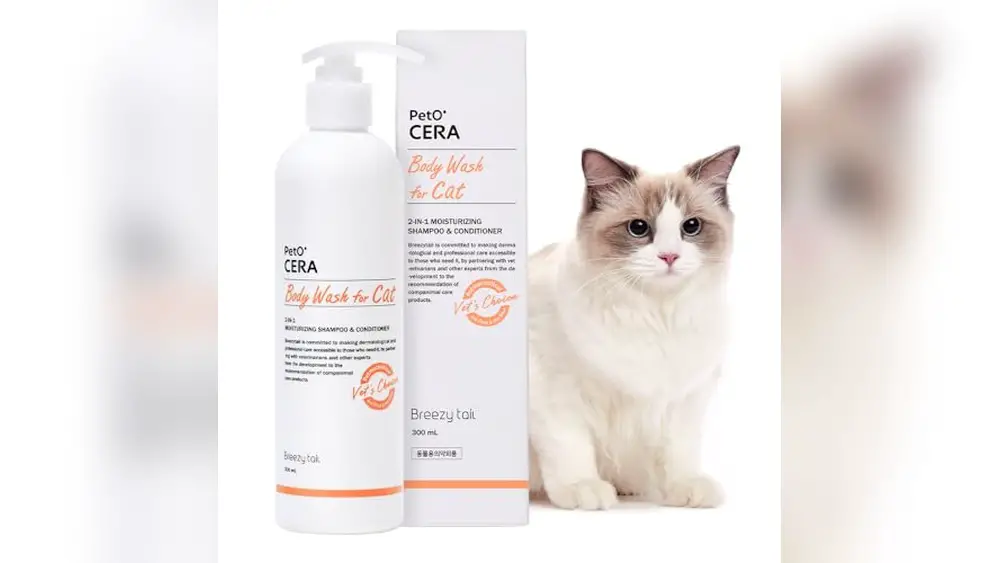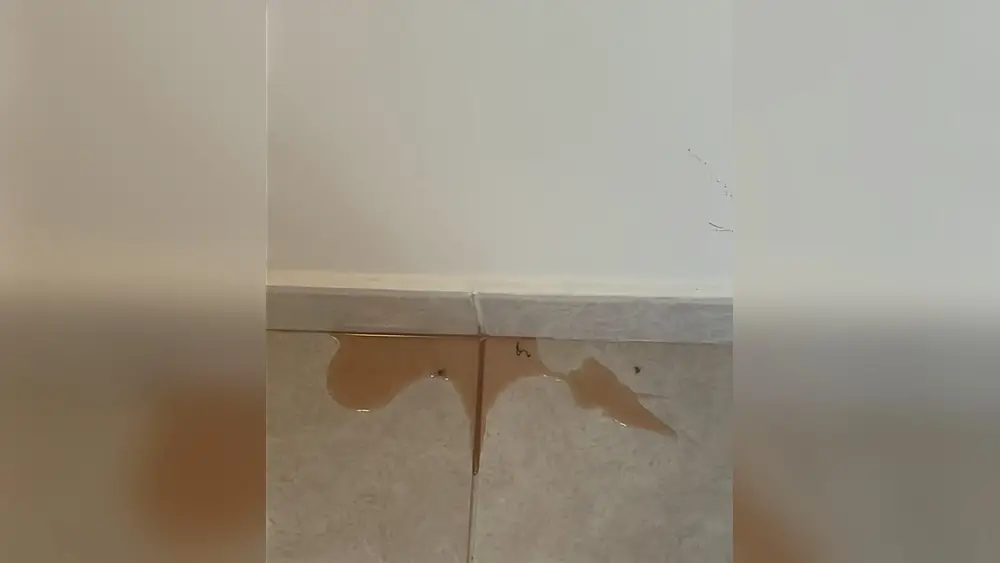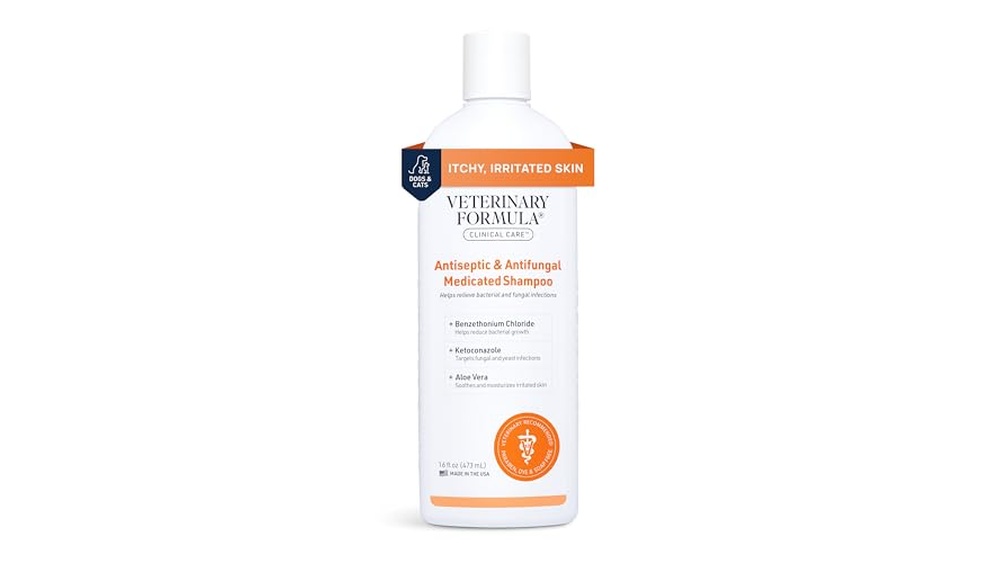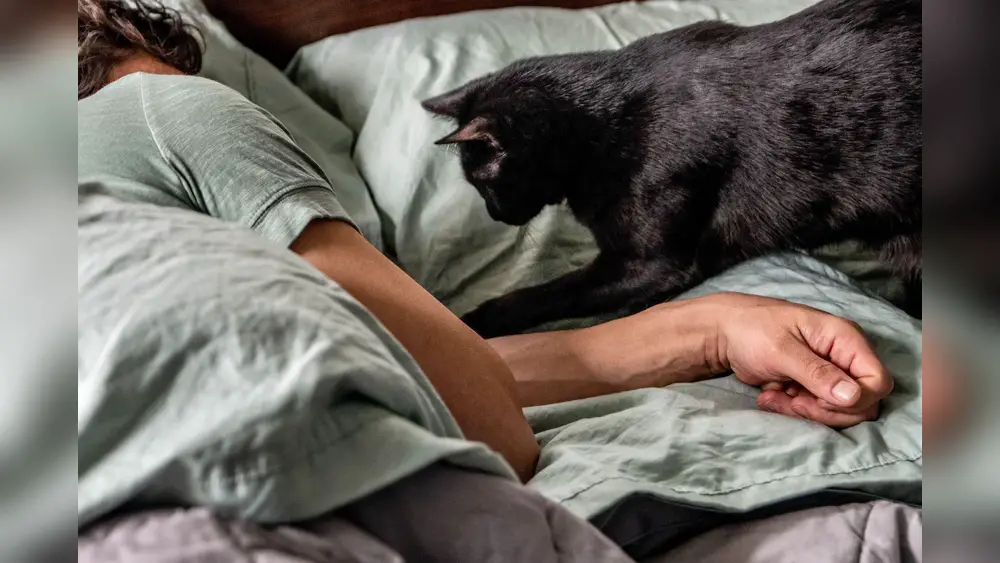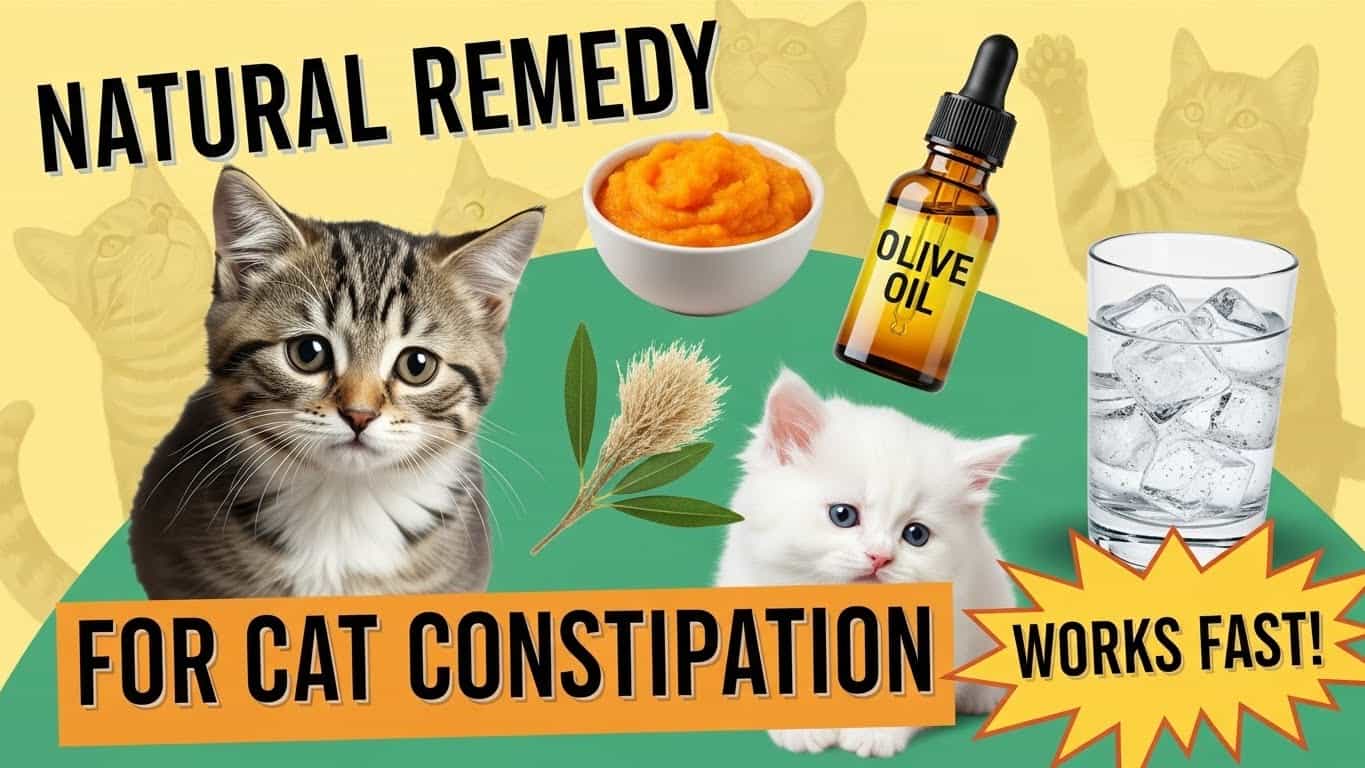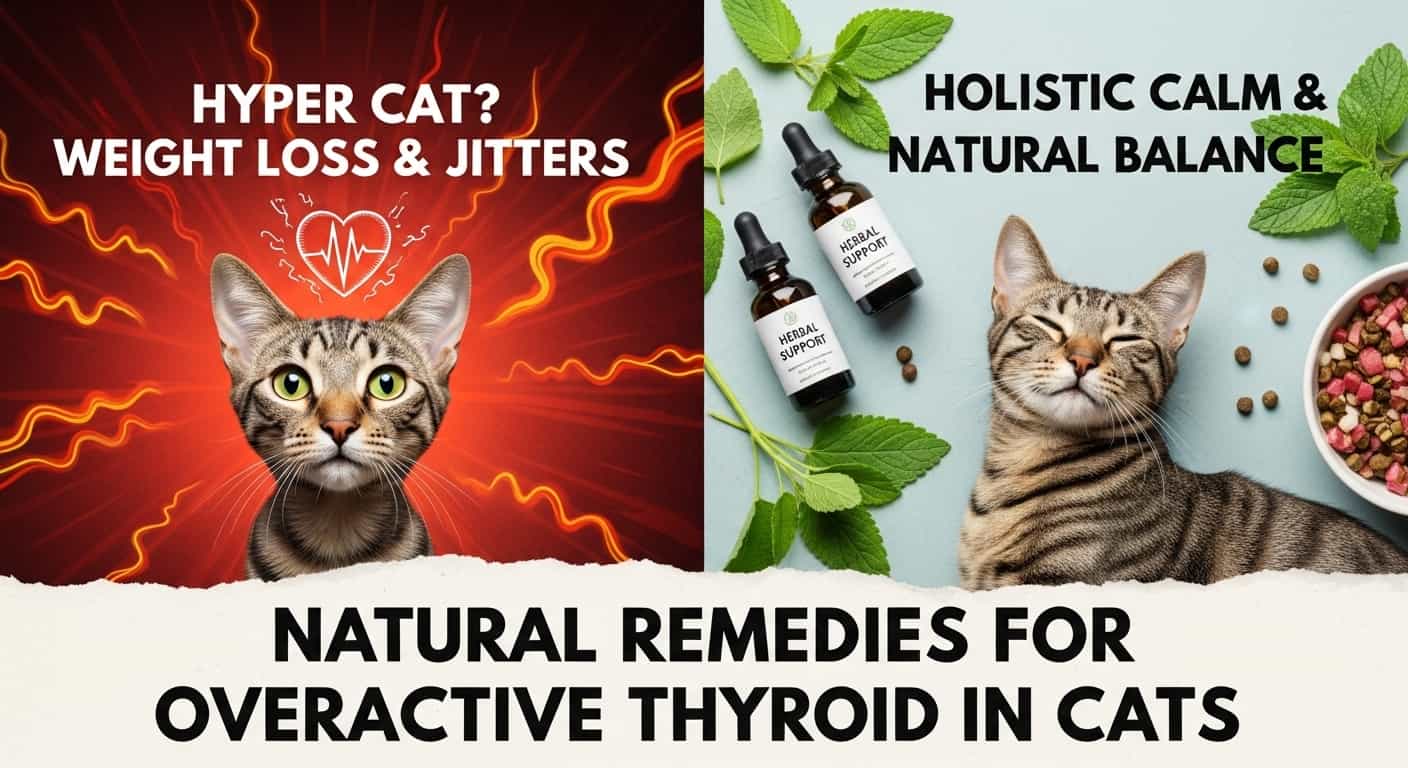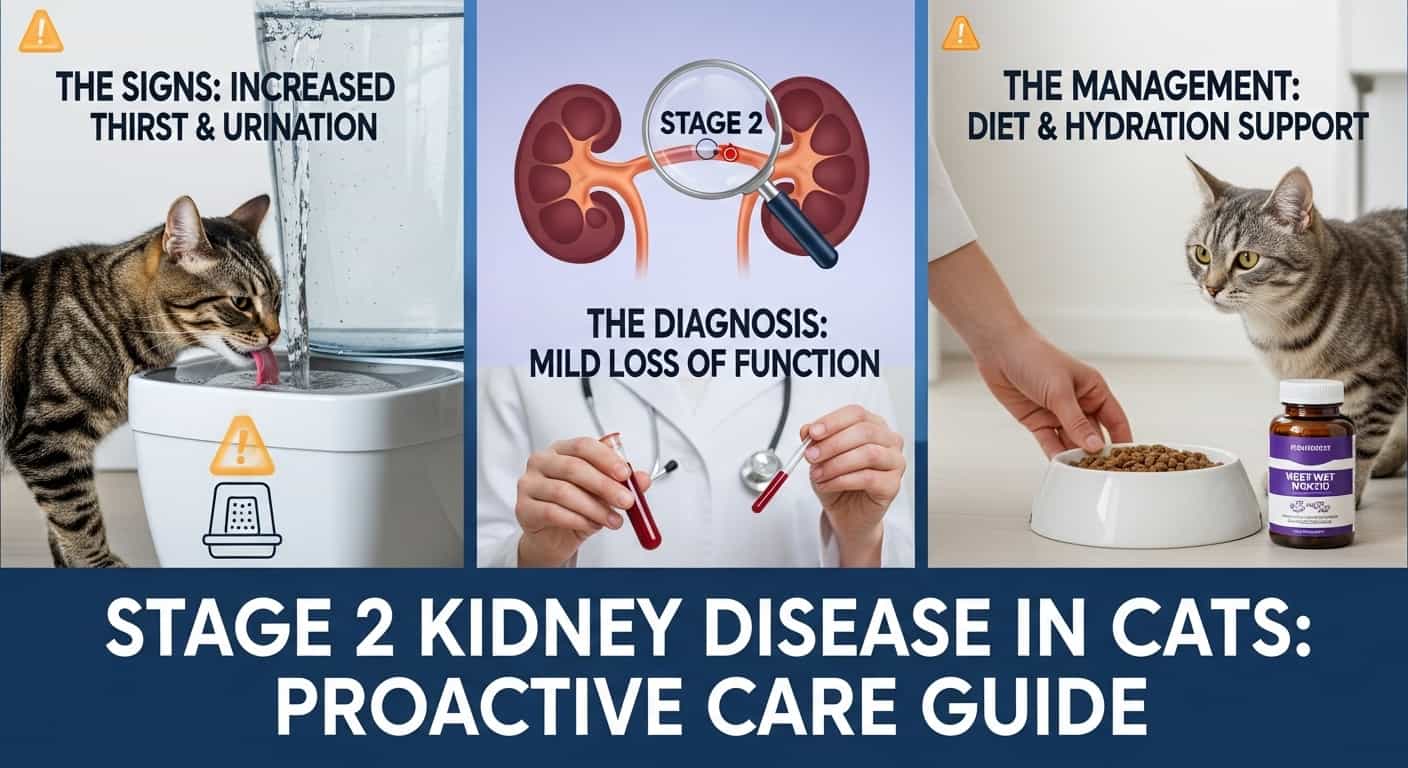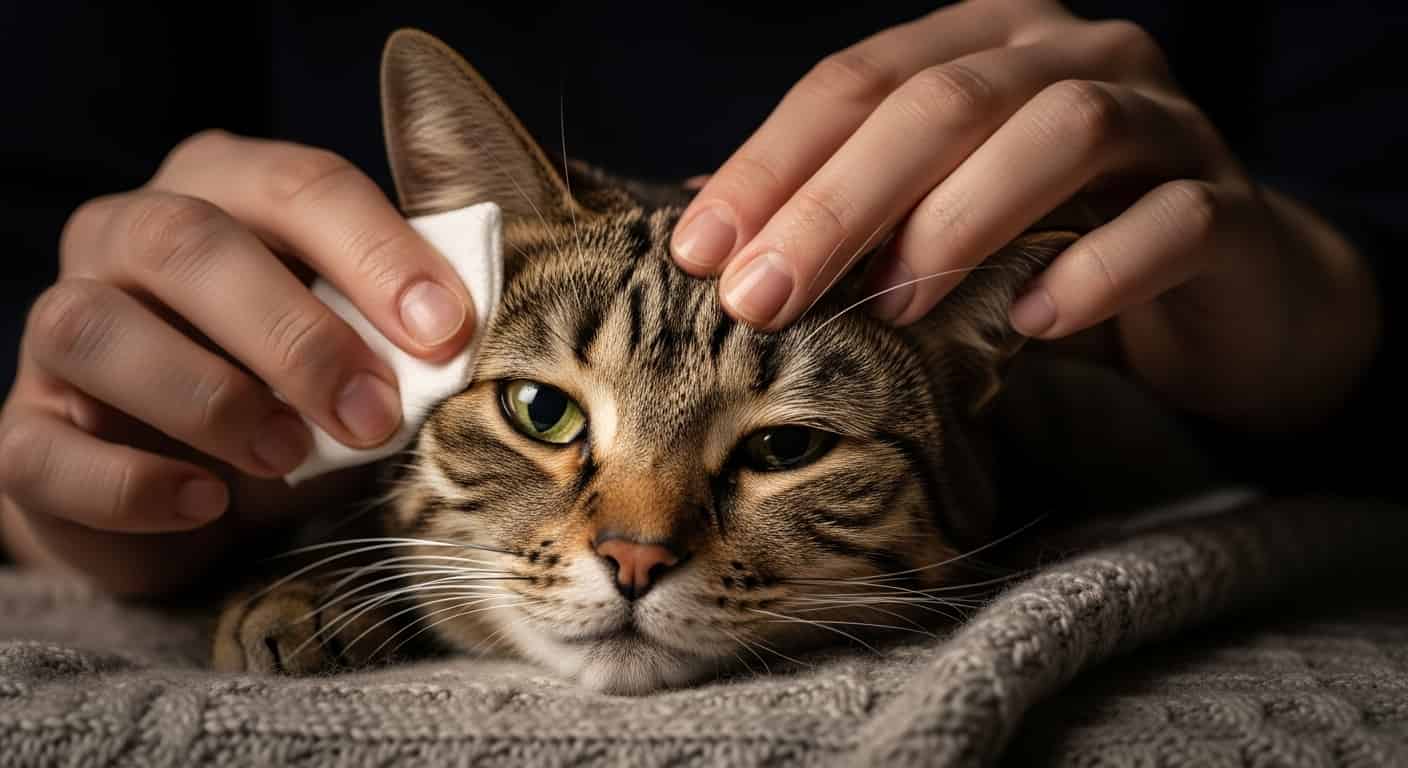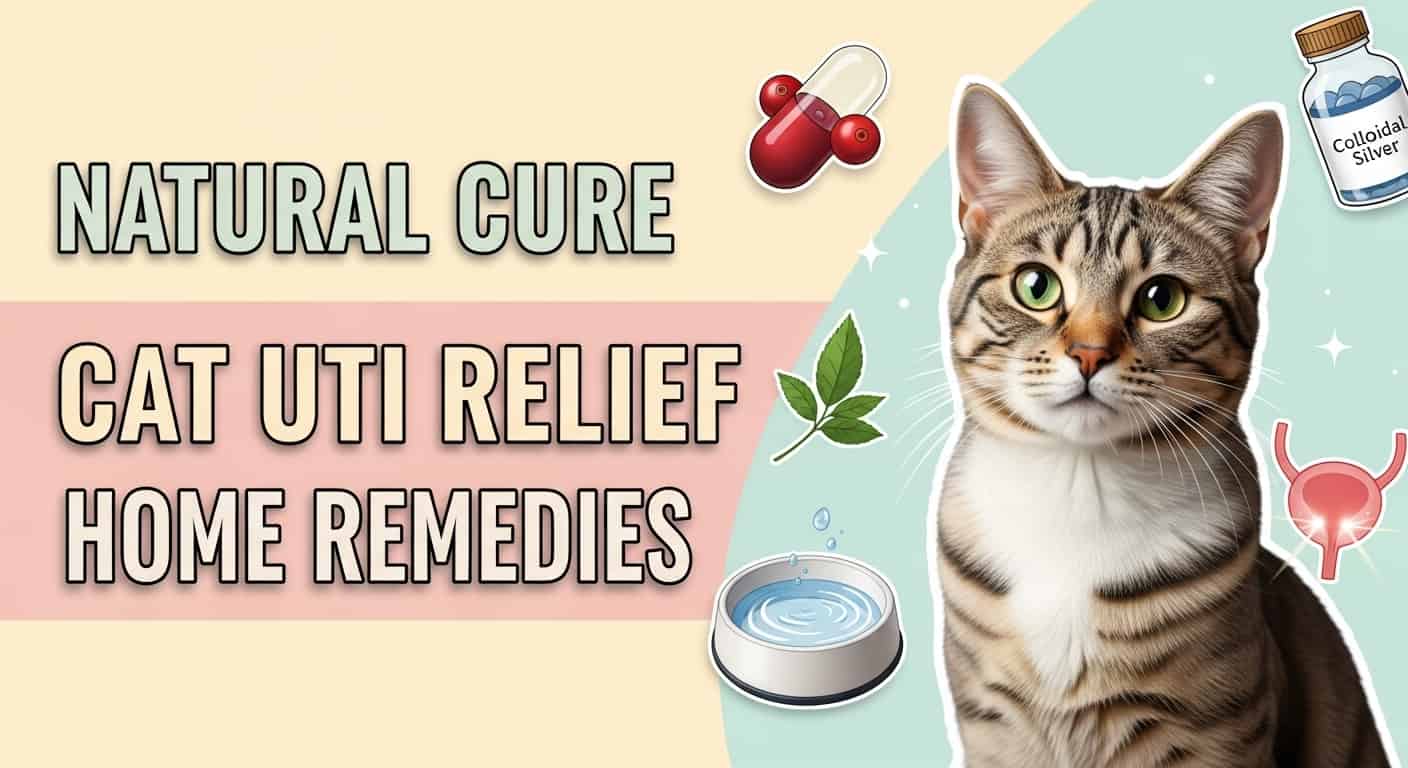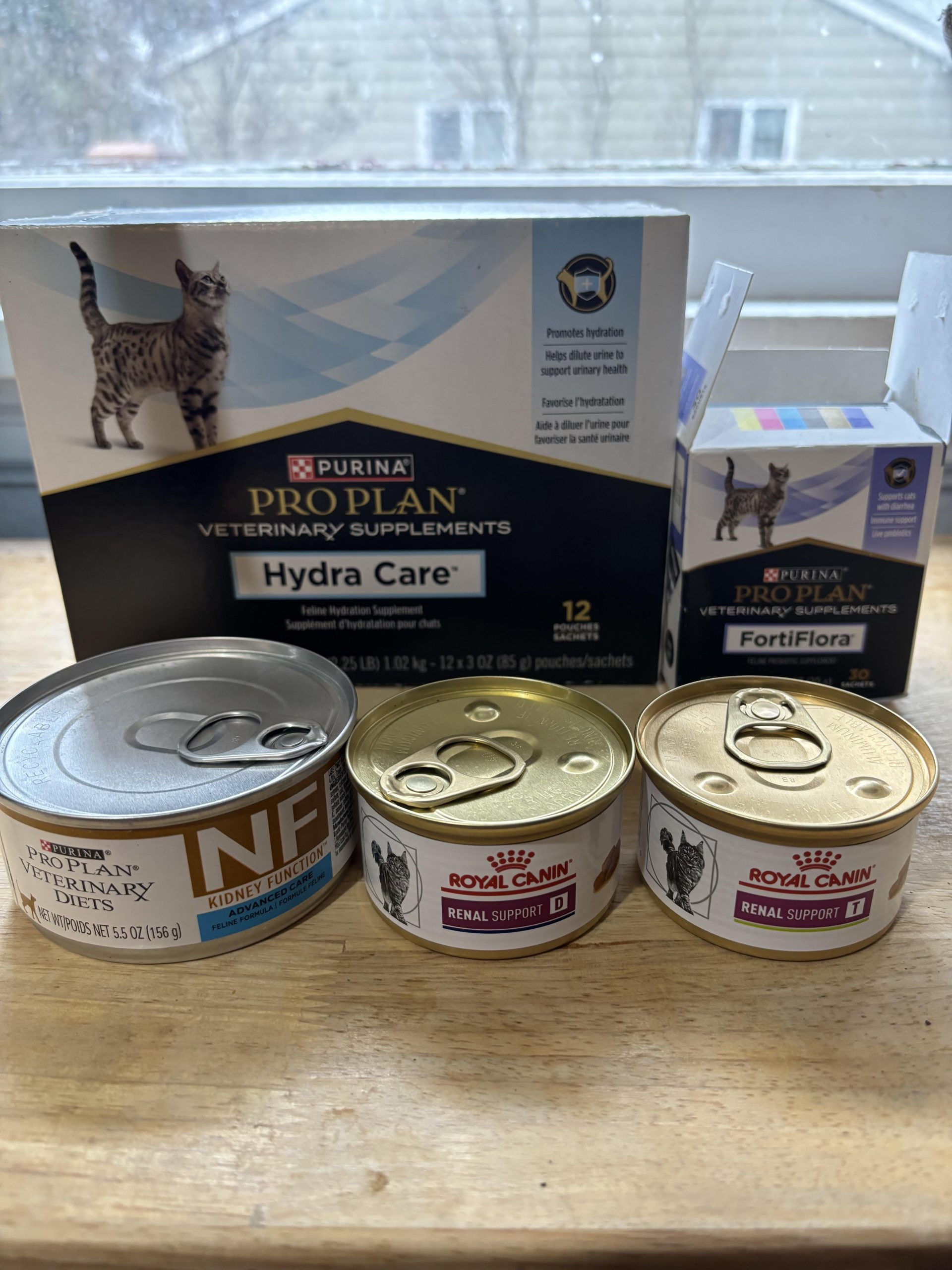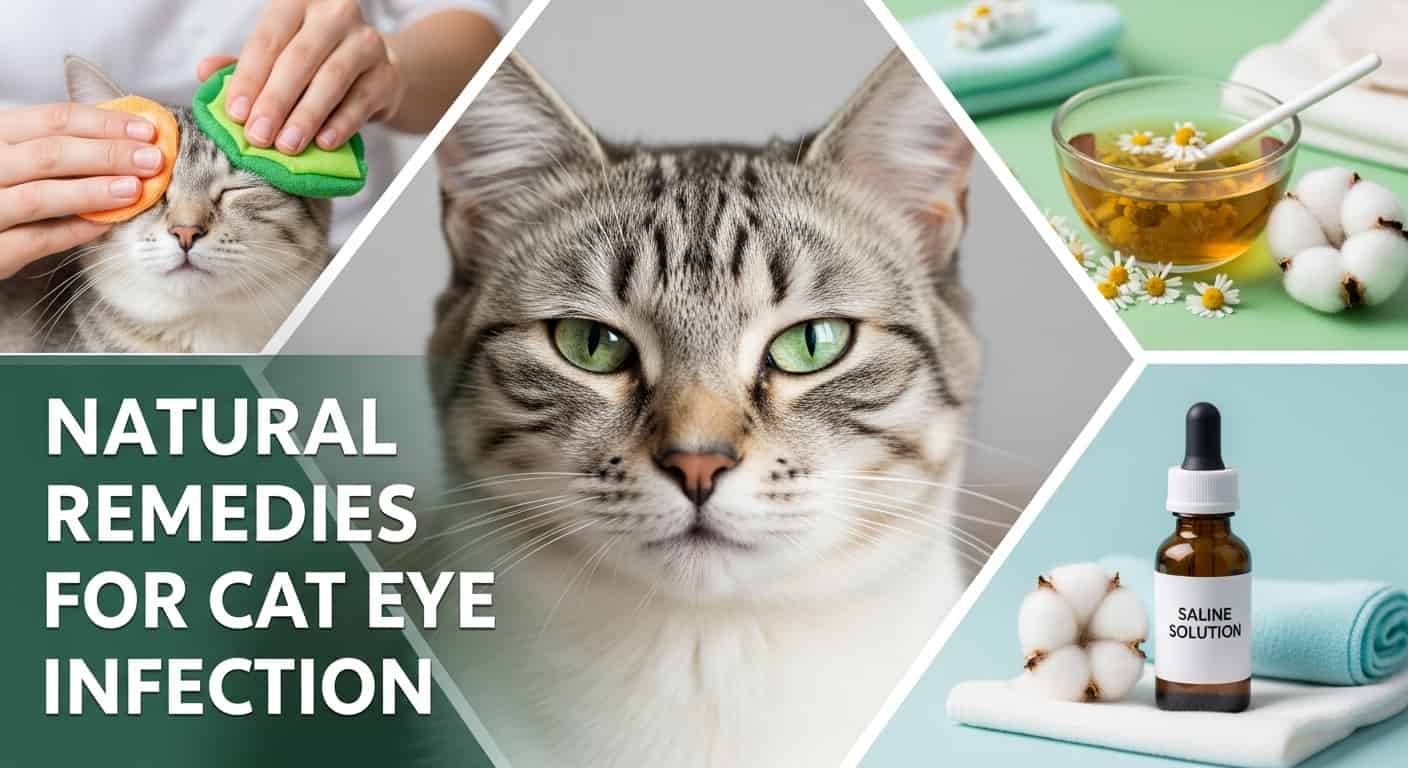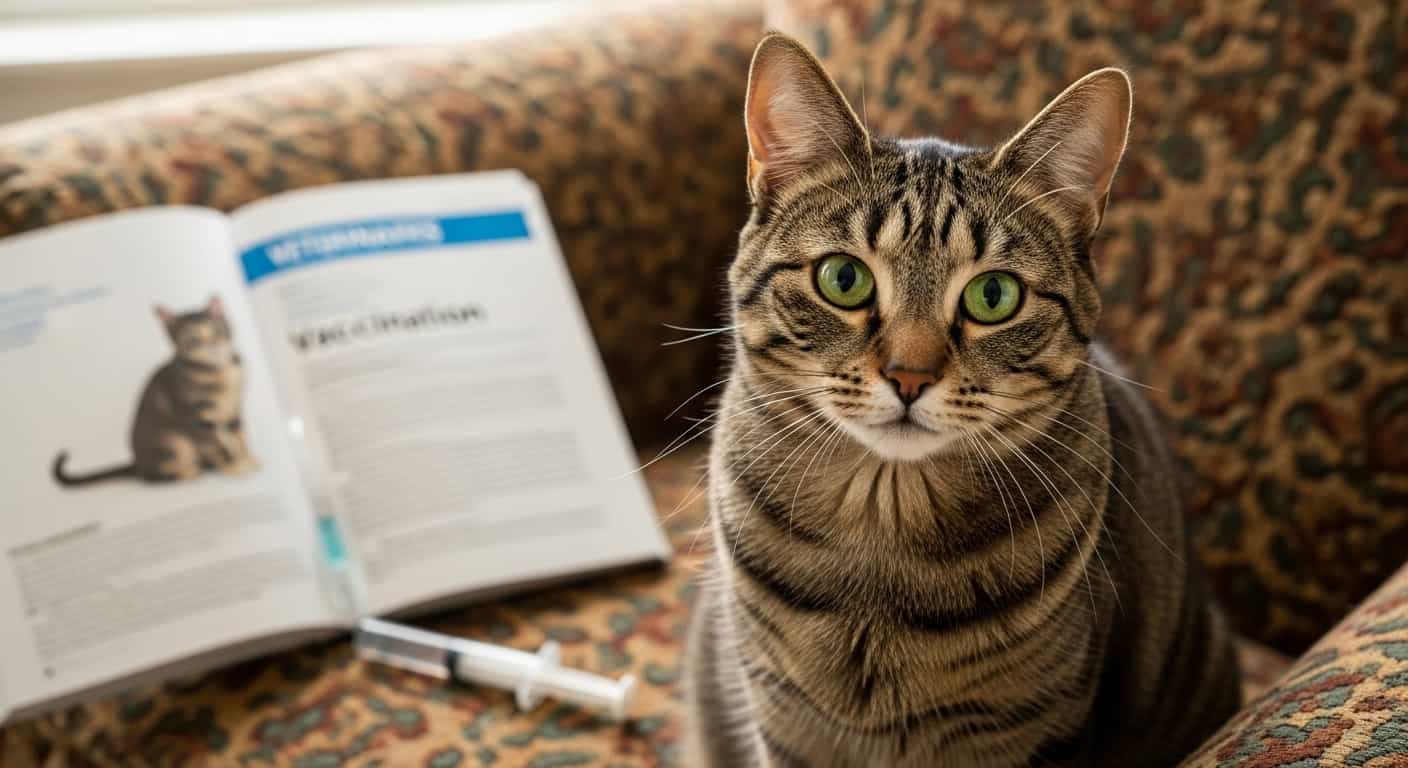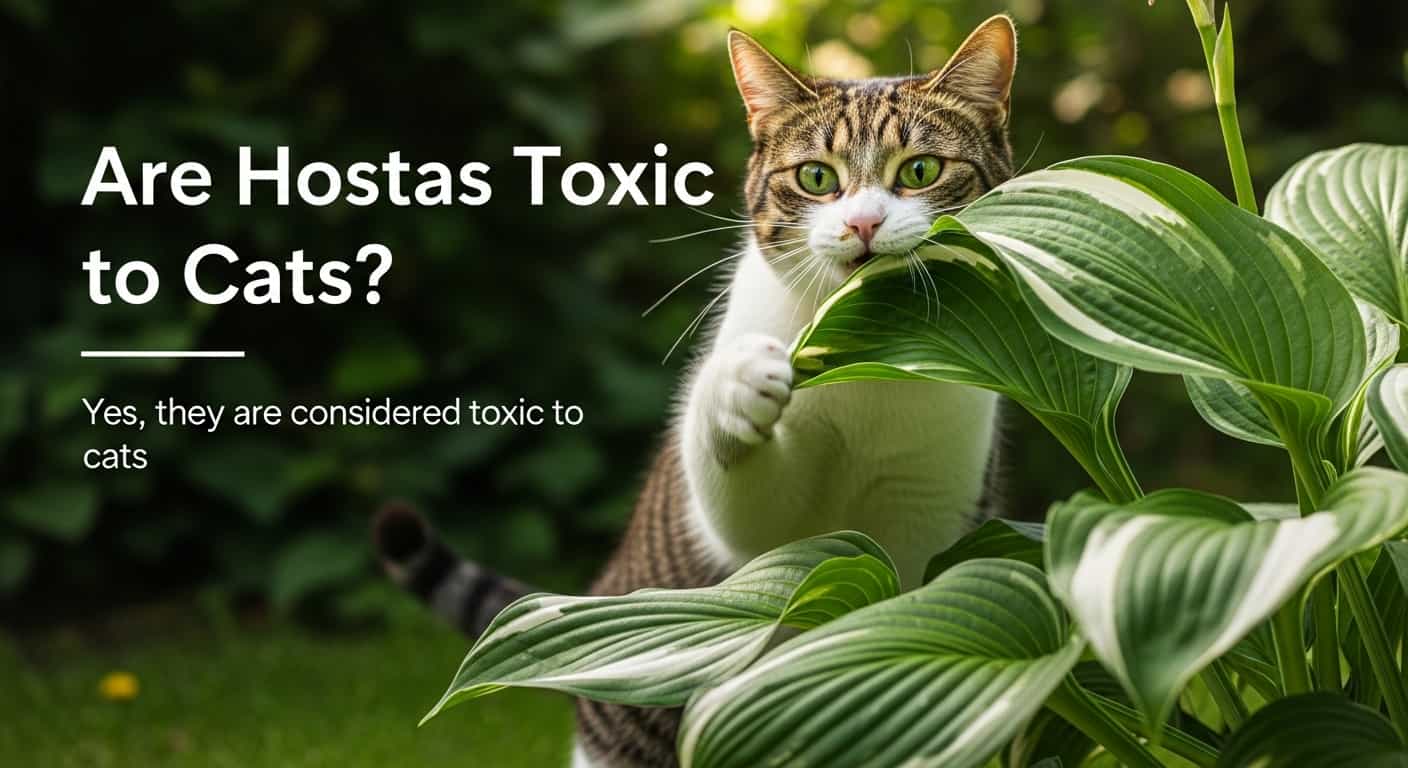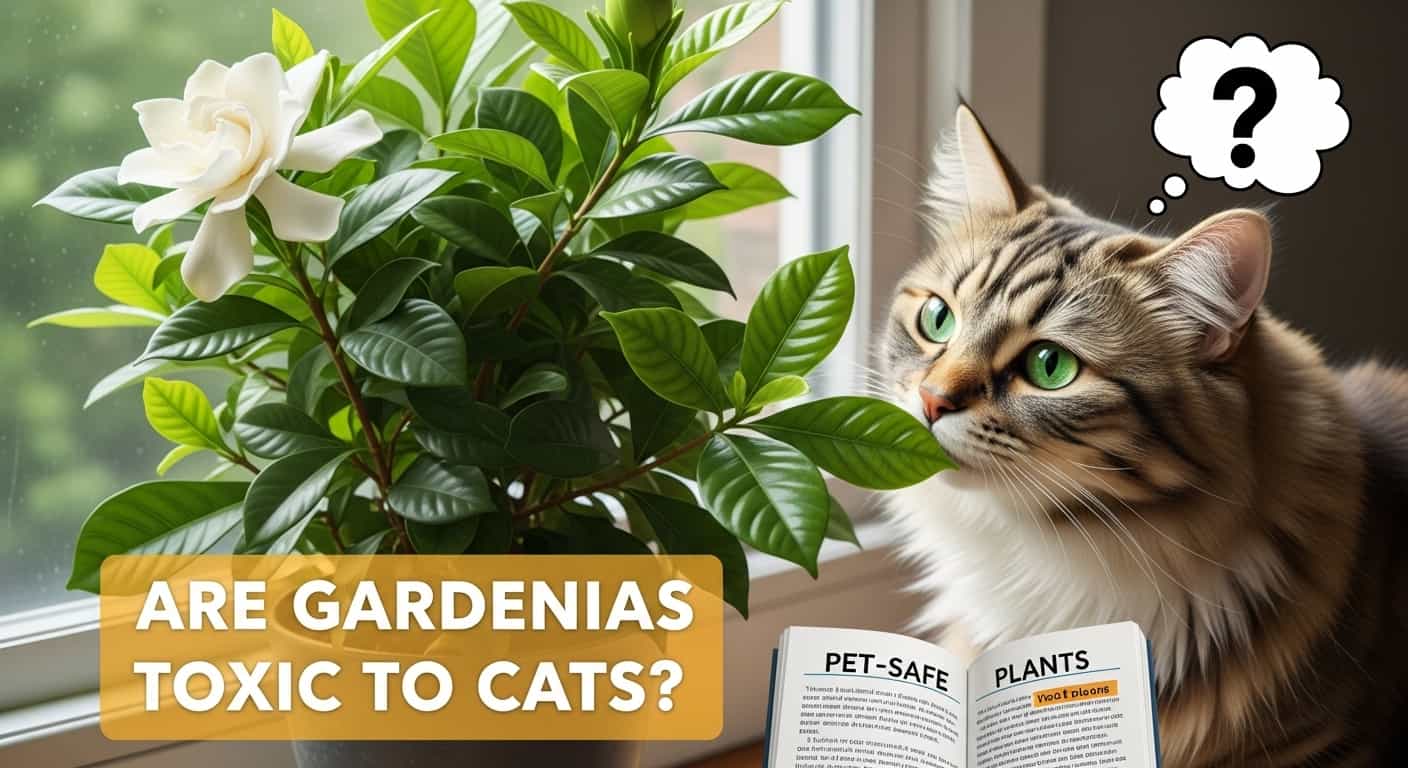Imagine this: you’re planning to add a splash of color to your garden with some vibrant impatiens. Their cheerful blooms seem perfect for brightening up your outdoor space or even your indoor decor.
Table of Contents
ToggleBut if you’re a cat owner, there’s a pressing question you need to ask: Are impatiens toxic to your feline friends? This concern is more common than you might think, and it’s crucial to ensure your beloved pet’s safety. Before you purchase those enticing plants, let’s explore whether they’re as harmless as they appear or if there’s a hidden risk lurking behind their beauty.
By the end of this article, you’ll have the peace of mind you need to make informed decisions for your home and garden. Your cat’s well-being is your top priority, and we’re here to help you safeguard it. Let’s dive in!

Credit: www.aspca.org
Impatiens Plant Characteristics
Impatiens plants, known for their bright blooms, are safe for cats. They add color without causing harm. With no toxic effects, these plants make a pet-friendly choice for homes. Ideal for cat owners seeking vibrant indoor or garden displays without worry.
Impatiens are popular for their vibrant blooms and ability to brighten shady corners of your garden. Known for their variety and ease of care, these plants are a favorite among gardening enthusiasts. But what do you really know about their characteristics?Common Varieties
Impatiens offer a range of varieties that can suit different tastes and garden needs. Some common types include Impatiens walleriana, known for its colorful and abundant flowers. New Guinea Impatiens, on the other hand, boast larger blooms and can tolerate more sunlight. You might also come across the Impatiens balsamina, which adds a unique flair with its tall, bushy appearance. Each variety has its own charm, making it easy to find one that fits your garden’s aesthetic.Here's a related post that you might find useful. Are Cacti Toxic to Cats: Essential Safety Guide
Growing Conditions
Impatiens thrive in specific conditions that you can easily recreate in your garden. They prefer partial to full shade, making them perfect for areas where other plants might struggle. Well-draining soil is crucial, as impatiens do not tolerate soggy roots. Make sure to water them regularly, especially during dry spells. But be cautious—overwatering can lead to root rot. Have you noticed how impatiens perk up after a gentle rain? That’s because they love consistent moisture, just not too much of it. Caring for impatiens involves a balance that’s achievable with a little observation and adjustment. Are you ready to see how these lively plants can transform your garden space? With the right conditions, they can flourish and bring a splash of color to your outdoor haven.Toxicity Concerns For Cats
Impatiens are popular garden plants with vibrant blooms. These plants can pose risks to pets, especially cats. Understanding the toxicity concerns is crucial for pet owners. Protecting your feline friend requires knowledge and attention.
Symptoms Of Poisoning
Cats nibbling impatiens may show various symptoms. Drooling is a common sign of distress. Vomiting often occurs after ingestion. Cats may become lethargic and uninterested in surroundings. Loss of appetite can be another indicator. Watch for these symptoms closely.
Potential Health Risks
Impatiens contain compounds that can affect cats’ health. Digestive issues are a primary concern. Gastrointestinal upset may lead to dehydration. Cats are sensitive to plant toxins. Long-term exposure can harm the liver or kidneys. Immediate vet attention might be necessary.
Preventive Measures
When it comes to ensuring your feline friend’s safety, understanding preventive measures is crucial, especially if you’re dealing with plants that might pose a risk. Impatiens, while beautiful, can be toxic to cats if ingested. This section will guide you through steps to keep your cat safe while maintaining a vibrant and pet-friendly home.
Safe Plant Alternatives
Looking to brighten up your home without compromising your cat’s health? Opt for safe plant alternatives. Consider spider plants, Boston ferns, or African violets. These plants are non-toxic to cats and can add a splash of green to any space. Always research a plant’s compatibility with pets before bringing it home.
Think about creating a plant shelf out of your cat’s reach. This not only adds greenery but also prevents curious paws from getting too close. This simple change ensures your cat stays safe while you enjoy a lush indoor garden.
Here's a related post that you might find useful. Are Gerbera Toxic to Cats: Essential Safety Guide
Creating Cat-friendly Spaces
Have you ever noticed your cat exploring every nook and cranny? Cats are naturally curious, so why not create spaces that cater to their inquisitive nature? Design cat-friendly zones with cozy beds and interactive toys. This can distract them from potentially harmful plants.
Consider adding vertical spaces like cat trees. They provide a safe escape and exercise opportunities. Encouraging play and exploration in designated areas keeps your cat happy and away from risky plants.
Have you thought about the role of scents? Cats are drawn to certain aromas. Using catnip or silver vine strategically can divert their attention from toxic plants. It’s a simple yet effective strategy to ensure your cat’s safety.
What changes can you make today to ensure your cat’s environment is secure? A little adjustment can make a big difference in preventing accidental ingestion of harmful plants. Every small step counts towards a safer space for your beloved pet.
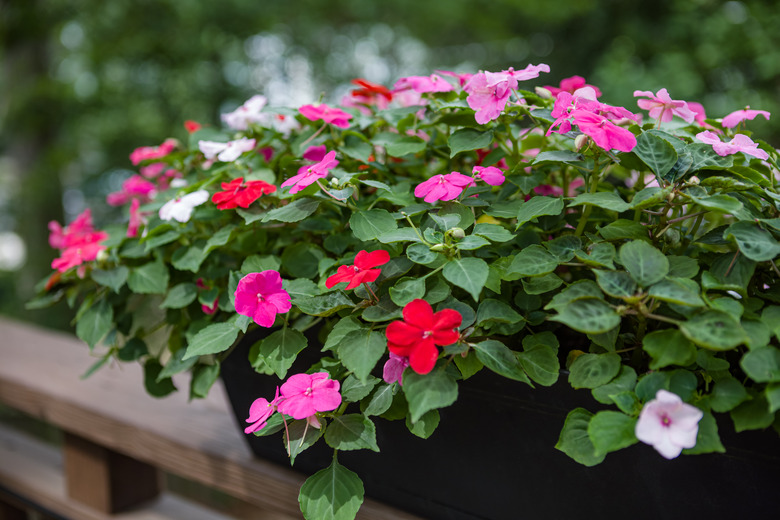
Credit: www.hunker.com
Responding To Exposure
Cats may find impatiens intriguing, but these flowers pose no toxic threat to feline friends. Despite their vibrant appearance, impatiens are safe for cats to nibble on. Pet owners can breathe easy knowing their curious companions are not at risk.
When your curious cat decides to taste those vibrant impatiens in your garden, you might find yourself in a situation where quick action is needed. The good news is that impatiens are generally non-toxic to cats. However, you should still be cautious and monitor your pet closely for any unusual behavior or symptoms after such an encounter. Let’s talk about the steps you should take if your feline friend munches on these plants.Immediate Actions
First, try to calmly remove any remaining plant material from your cat’s mouth or paws. Encourage your cat to drink some water to help clear any plant residue from its system. Keep an eye on your cat for any signs of discomfort, like vomiting or excessive drooling. If you notice these, it’s crucial to take further steps.Seeking Veterinary Help
If your cat shows any symptoms or if you’re worried, contact your vet immediately. Describe what part of the plant your cat ate and how much, as it can help the vet assess the situation better. Your vet may recommend bringing your cat in for a check-up, or they might provide advice over the phone. Does your cat have a history of eating plants? This might be a good time to discuss preventive measures with your vet. Remember, it’s always better to err on the side of caution when it comes to your pet’s health. Have you ever had to respond quickly to your pet’s curious adventures? Share your experiences in the comments below!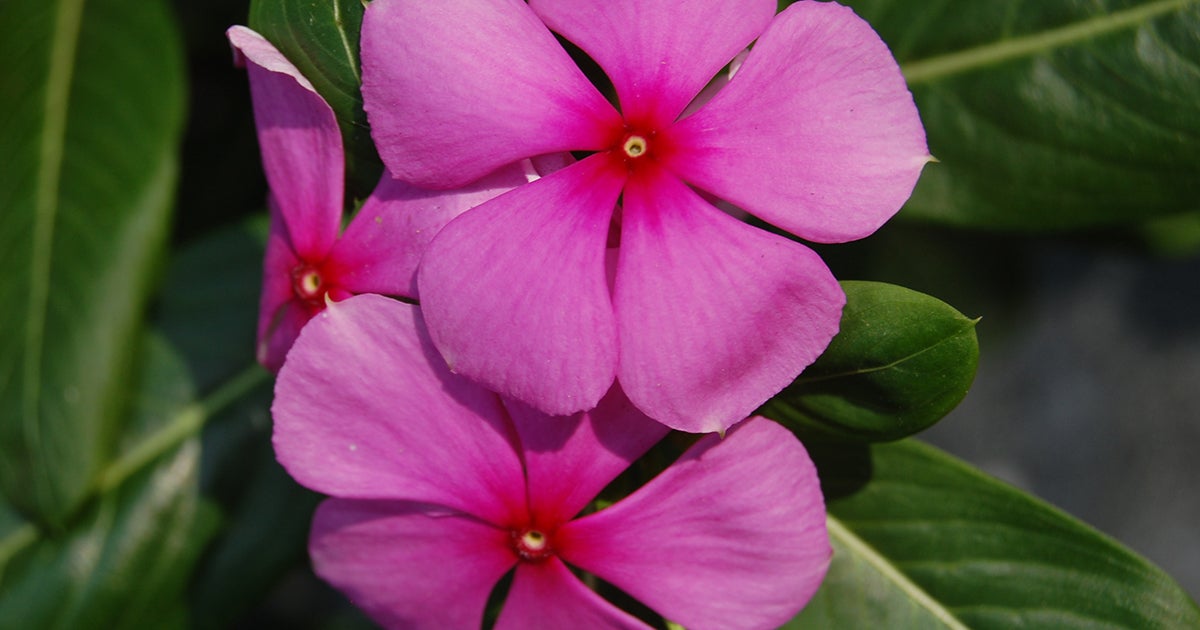
Credit: www.aspca.org
Frequently Asked Questions
Are Impatiens Harmful To Cats?
Impatiens are non-toxic to cats, making them safe for feline friends. While they don’t pose a direct threat, ingesting large amounts might cause mild digestive upset. It’s always best to monitor your cat’s behavior and consult a vet if any unusual symptoms occur.
Can Cats Eat Impatiens Safely?
Cats can safely be around impatiens, as these plants are non-toxic to them. However, while impatiens are safe, eating large quantities might lead to minor stomach issues. Always ensure your pets have a balanced diet and avoid letting them consume plants excessively.
What Happens If A Cat Chews Impatiens?
If a cat chews on impatiens, there’s generally no cause for concern. Since impatiens are non-toxic, they shouldn’t lead to poisoning. Cats might experience mild digestive discomfort, but serious symptoms are unlikely. If your cat seems unwell, consulting a veterinarian is advisable.
Are Impatiens Safe For Pets?
Impatiens are considered safe for pets, including cats and dogs. These popular garden plants don’t contain harmful substances. While impatiens themselves are non-toxic, it’s always wise to keep an eye on your pets to ensure they don’t eat excessive amounts.
Conclusion
Impatiens are generally safe for cats. No major toxins found. Still, it’s wise to keep an eye on your furry friend. Cats love to explore and might nibble plants. Watch for unusual behavior. If your cat seems sick, consult a vet.
Always research plants before bringing them home. Safe environments lead to happy pets. Keep your cat’s health a top priority. Choose non-toxic plants to avoid worries. Your pet’s safety matters. Simple steps can ensure a safe home. Enjoy gardening with peace of mind.
Your cat will thank you for it.

